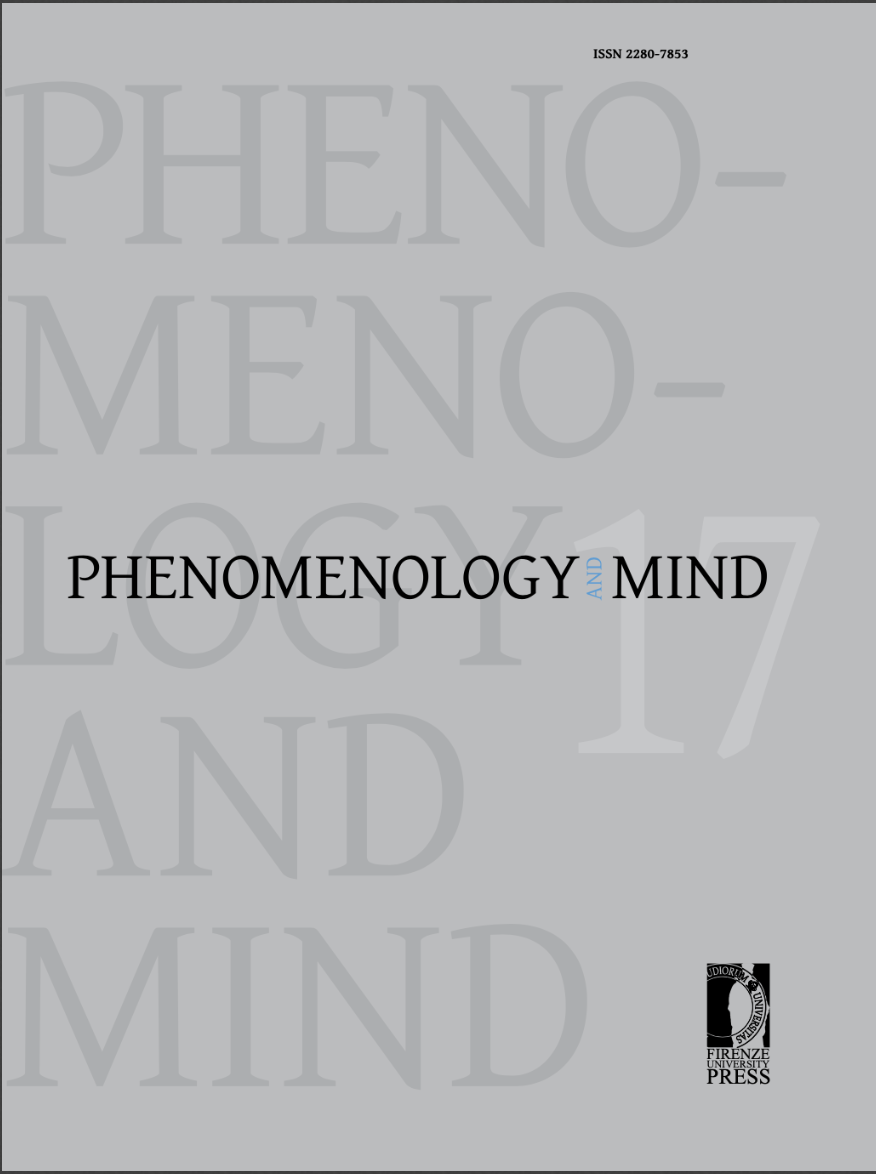Published 2016-11-26
Keywords
- dynamic patterns,
- habits of mind,
- kinesthesia,
- tactile-kinesthetic body,
- instincts
- infancy and early childhood ...More
How to Cite
Abstract
This article details fundamental aspects of habits, beginning with the fact that habits are dynamic patterns that are learned, and that in coincidence with this learning, habits of mind are formed, as in the formation of expectations, thus of certain if/then relationships. It points out that, in quite the opposite manner of the practice of phenomenology, the strange is made familiar in the formation of habits. It shows how clear-sighted recognition of the seminal significance of movement and phenomenologically-grounded understandings of movement are essential to understandings of habits and the habits of mind that go with them. The article differentiates non-developmentally achieved habits from developmentally achieved habits, but elucidates too the relationship between instincts and habits. It elucidates the relationship in part by showing how, contra Merleau-Ponty, “in man” there is a “natural sign”—or rather, natural signs. By relinquishing an adultist stance and delving into our common infancy and early childhood, we recognize the need for what Husserl terms a “regressive inquiry” and thereby recover ‘natural signs’ such as smiling, laughing, and crying. At the same time, we honor Husserl’s insight that “habit and free motivation intertwine.” As the article shows, resolution of the relationship between habit and free motivation requires recognition of nonlinguistic corporeal concepts that develop in concert with synergies of meaningful movement, concepts and synergies achieved not by embodied minds but mindful bodies.

